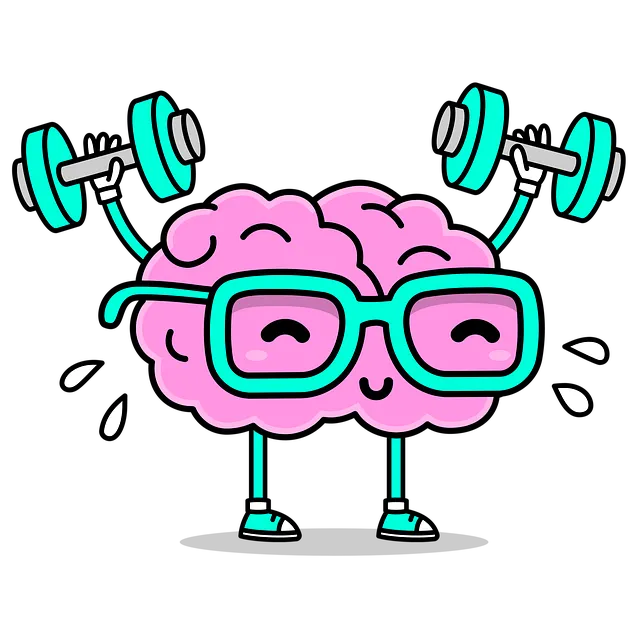In the competitive mental wellness app market, understanding diverse user needs is crucial. Apps should cater to unique individual requirements, such as stress management and conflict resolution techniques, with specific tailoring for demographics like corporate employees or students. Best practices include integrating evidence-based practices (like Superior Kaiser mental health classes), mindfulness exercises, gamification, and progress tracking. Core features of Superior Kaiser focus on engaging therapeutic experiences aligned with Mind Over Matter principles, including journaling exercises and peer-to-peer support. Incorporating robust privacy protections alongside open communication strategies builds user trust, encouraging engagement with tools designed for improved mental health and well-being.
In today’s digital age, mental wellness app development has emerged as a powerful tool to address growing mental health concerns. This article delves into the intricacies of creating effective solutions, focusing on understanding user needs and best practices. We explore strategies for designing engaging features that enhance therapeutic experiences, particularly highlighting how to incorporate Superior Kaiser mental health classes within apps. Additionally, we discuss implementing evidence-based techniques and prioritizing privacy to foster a secure digital wellness environment.
- Understanding Mental Health App Development: Identifying User Needs and Best Practices
- Designing Engaging and Therapeutic Features for Superior Kaiser Mental Health Classes
- Implementing Evidence-Based Techniques and Ensuring Privacy in Mental Wellness Apps
Understanding Mental Health App Development: Identifying User Needs and Best Practices

In the realm of mental wellness app development, understanding user needs is paramount to creating impactful solutions. The journey begins by recognizing that each individual’s mental health landscape is unique. Therefore, developers must identify and cater to diverse user requirements, from stress management workshops to conflict resolution techniques. Incorporating features that address anxiety, depression, or even specific challenges like social anxiety can make an app stand out, especially when tailored to the needs of specific demographics, such as the workforce in a corporate setting or students navigating academic pressures.
Best practices in mental health app development include integrating evidence-based practices and incorporating feedback from users and professionals. This may involve implementing Communication Strategies that foster open dialogue and build support networks. The use of gamification, mindfulness exercises, and progress tracking features can enhance user engagement and motivation. For instance, the Superior Kaiser mental health classes incorporate interactive elements to make learning Stress Management Workshops Organization accessible and engaging, ensuring users derive maximum benefit from their digital wellness journey.
Designing Engaging and Therapeutic Features for Superior Kaiser Mental Health Classes

When designing features for Superior Kaiser mental health classes, the focus should be on creating engaging and therapeutic experiences that align with the core Mind Over Matter principles. Incorporating interactive elements like Mental Wellness Journaling Exercises guided by step-by-step instructions can encourage users to reflect on their thoughts and emotions, fostering a deeper understanding of themselves. This not only enhances self-awareness but also provides a space for personal growth.
Additionally, integrating communication strategies within the app’s framework is vital. Features facilitating peer-to-peer support or one-on-one sessions with mental health professionals enable users to build communities and access tailored advice. These communication tools can significantly contribute to the overall effectiveness of the Superior Kaiser mental health classes, ensuring a holistic approach to wellness.
Implementing Evidence-Based Techniques and Ensuring Privacy in Mental Wellness Apps

In the realm of mental wellness app development, implementing evidence-based techniques is paramount to ensuring their efficacy and user trust. Superior Kaiser mental health classes, for instance, leverage well-researched strategies such as Mindfulness Meditation and Stress Reduction Methods, backed by extensive scientific studies. These apps must incorporate features that promote open Communication Strategies, enabling users to share their experiences and progress transparently while maintaining robust privacy protections.
Privacy is a cornerstone of user acceptance in mental wellness apps. Developers must employ sophisticated encryption methods to safeguard sensitive data, adhering to stringent regulations like GDPR or HIPAA. By prioritizing secure communication channels and transparent data handling practices, these apps can foster an environment of trust, encouraging users to actively engage with tools designed to improve their mental health and overall well-being.
In conclusion, developing mental wellness apps requires a balanced approach that combines understanding user needs, engaging design, and evidence-based techniques. By identifying specific requirements through best practices and incorporating therapeutic features inspired by superior Kaiser mental health classes, developers can create effective tools for improving mental health outcomes. Ensuring privacy and data security is paramount to gaining user trust, fostering open communication, and enabling individuals to take control of their well-being. With thoughtful implementation, these apps have the potential to revolutionize access to mental health support.




